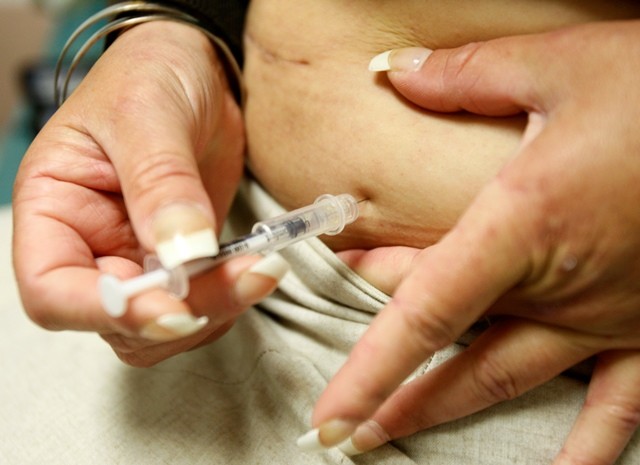A study conducted by researchers in Sweden observed that people who had experienced traumatic life events like death, illness or divorce in family as a child are at three times increased risk of type 1 diabetes.
Researchers explained that the study does not establish any link between trauma and diabetes but suggests that reducing stress could play an important role in preventing the disease.
The co-author of the study, Dr Johnny Ludvigsson, told Business Insider, "we know that there are connections between the brain and immune system, and it is not surprising that psychological trauma can influence the immune balance and contribute to abnormal reactions."
The researchers questioned about 10,495 families with children born between 1997 and 1999 for the study. They were also requested to participate in one of the four follow up sessions conducted by the research team when their children aged between two and fourteen, reported Time.
The report added that parents were also asked to fill in questionnaires on the traumatic events experienced by children during that period if any, as well as social support received and stress levels of the parents. After adjusting the factors that contribute to type 1 diabetes in the study such as family diabetes history, age of mother and BMI it was observed that children who had faced stressful events like death, divorce and accidents in their early stages had three folds increased risk of diabetes.
Ludvigsson explained that the study doesn't mean that nobody should divorce but notifies that stressful events influence the immune balance just like sleep, physical activity and kind. He also added that "If society could be a bit supportive, we could perhaps save some families and relationships, and that would be good for the children."



























